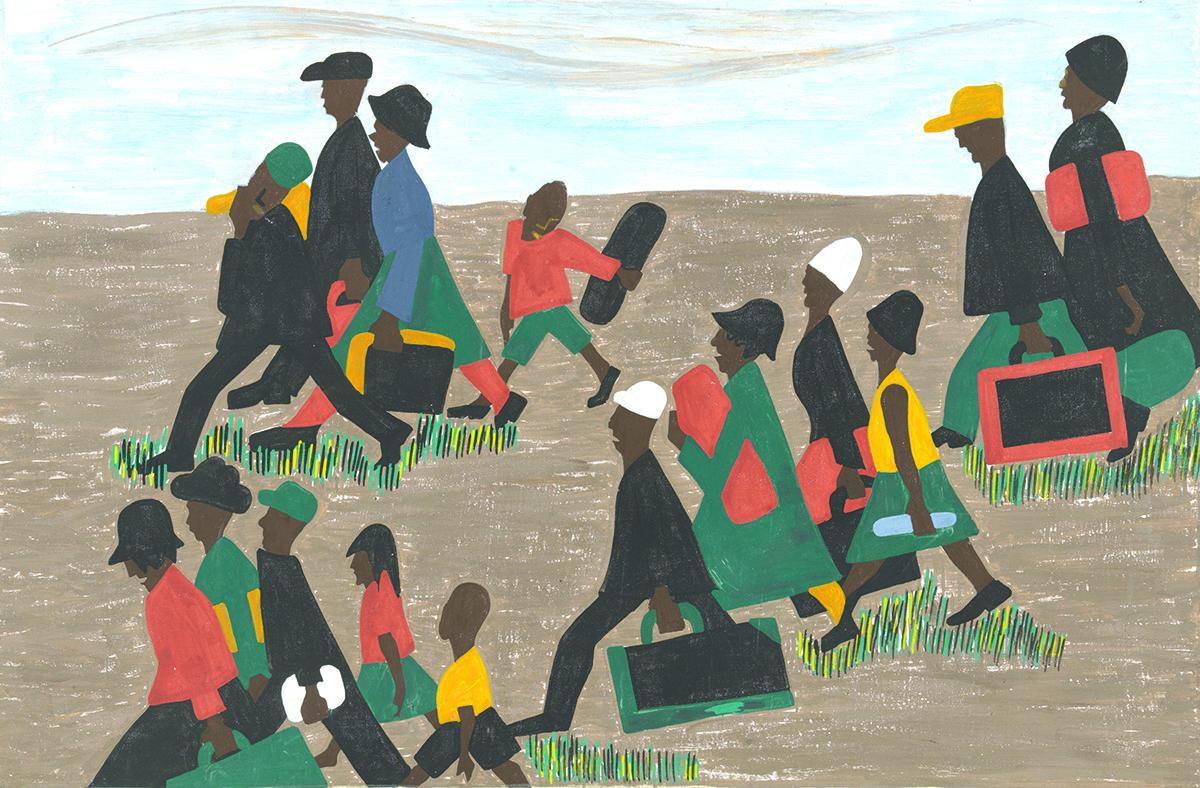
As time has progressed in our class, I have seen more and more examples of how laws mean nothing without the enforcement behind them. While we see the government “making new laws” in order to improve or help the black experience most of these laws were not being enforced everywhere. So while these laws were on the book “guaranteeing” rights for the people they were not actually helping anything. I was reminded of this when I was reading an article about Antoinette Harrell who is a historian and genealogist.
What peaked my interest with Ms. Harrell was her research into slavery that continued into the 1960s. This interesting part of this is because all slaves were supposed to be free after the Emancipation Proclamation of 1863. However some of her research led her to finding out about some workers who reminded me a little of indentured servants. They had a specific debt they were supposed to pay back to their “boss”, however every time they would go to pay off what they owed somehow they would still be short an be forced to stay and work the land.
This was particularly familiar to be because I have an aunt who recently passed away that used to tell me about the work her father did as a farm hand, what she called it, and how he had to go to this white mans farm everyday and work his field and in return the owner might give him some of what was grown or a very small wage. It was simply a crazy thought to think that something like that could still be occurring that late into the 20th century. All goes to show that just because something is written in the books as a law does not mean that it will really change what is going on.\
Link to article:
https://www.vice.com/en_us/article/437573/blacks-were-enslaved-well-into-the-1960s

